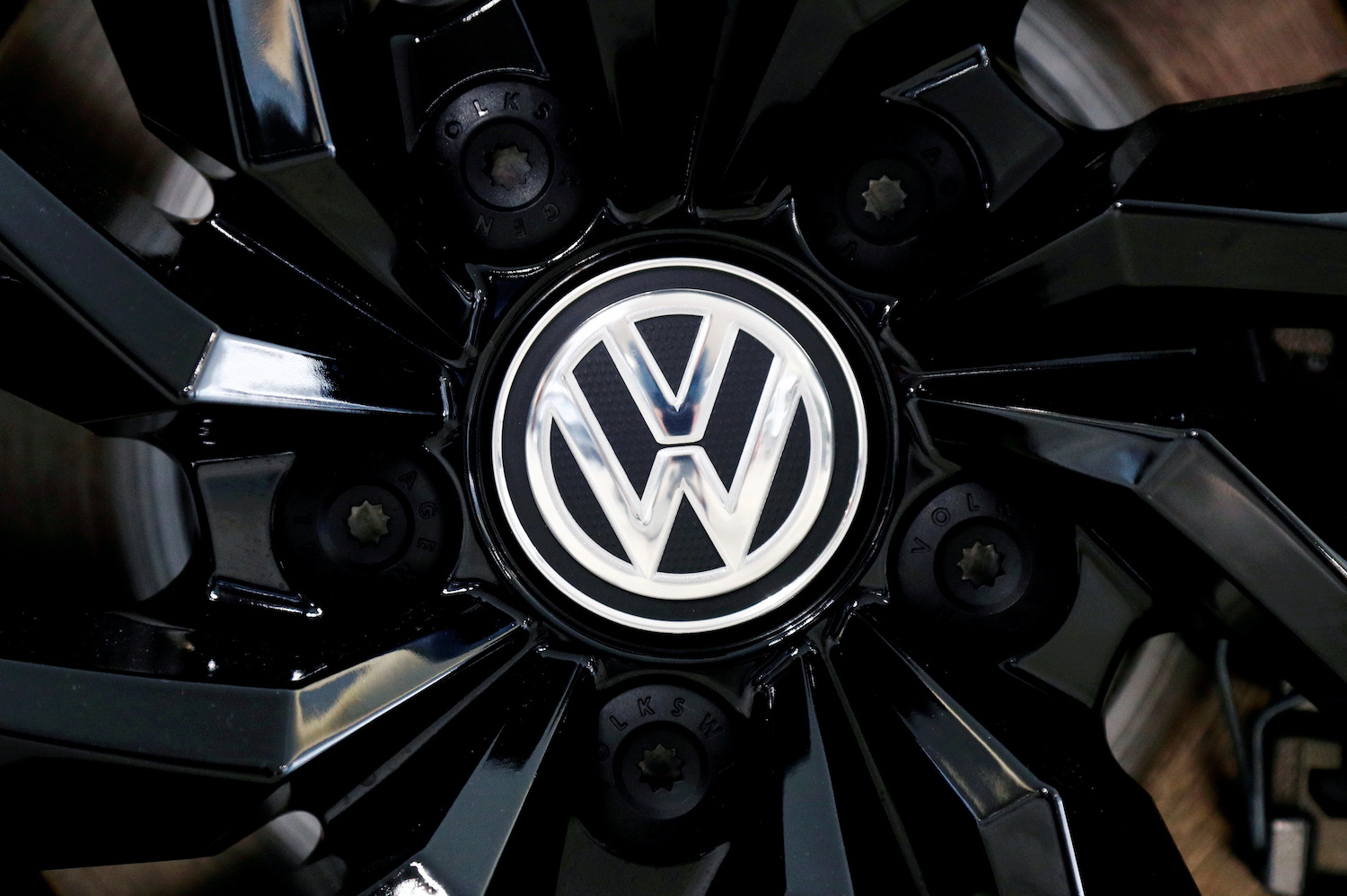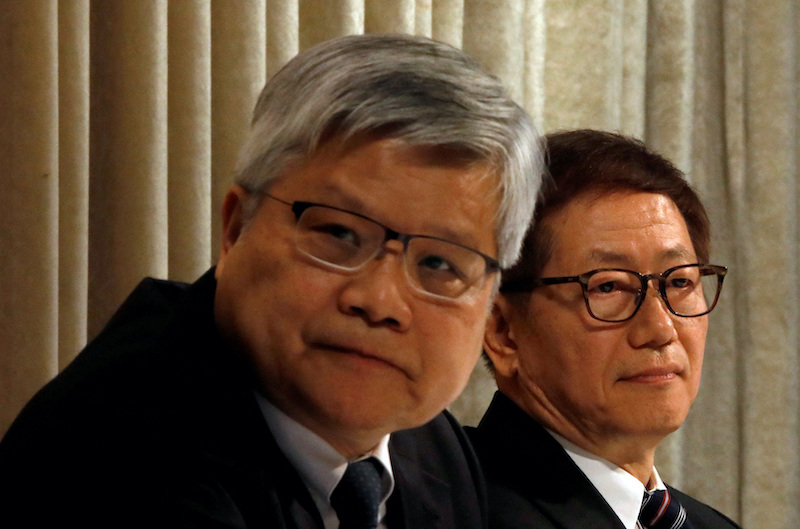German auto giant Volkswagen has announced plans to buy a 4.99% stake in Chinese electric vehicle (EV) startup Xpeng for $700 million as part of its efforts to boost its presence in the world’s biggest car market.
The two automakers will partner to produce two models targeting the middle-class segment, which will carry the VW logo but feature Xpeng know-how on software and autonomous driving.
The deal is win for Xpeng, one of the smaller players in China’s EV sector, that is less than a decade old. Hong Kong-listed stock of the company closed almost 34% higher on Thursday.
Also on AF: China’s CATL Posts Record Profit Even As Slowing Demand Bites
The partnership offers Xpeng leverage of Volkswagen’s supply chain and sourcing capabilities as well as a boost to the reputation of its platform and technology, Daniel Roeska of Bernstein Research said in a note.
For Volkswagen, the new models, to be rolled out from 2026, will plug a gap in its product lineup in China, where the market for so-called “new energy vehicles” has grown faster than expected.
The carmaker has lagged behind local competitors and Tesla in China and faces heavy investor pressure to boost EV sales in the country.
Volkswagen’s China Chief Ralf Brandstaetter has long said that Volkswagen’s China strategy rests on collaborating with local actors to use their expertise and protect market share.
Xpeng is the latest in a string of Volkswagen’s partnerships with Chinese firms that have included battery-maker Gotion and technology firm Horizon Robotics.
Last month, Brandstaetter also criticised the market in China for electric, plug-in and fuel cell vehicles as becoming too crowded and lacking funding for long-term development.
Apart from the partnership with Xpeng, Volkswagen also announced plans further cooperation between its subsidiary Audi and Chinese heavyweight SAIC Motor.
Volkswagen already co-owns a plant with SAIC in Xinjiang, and is under investor scrutiny over labour rights concerns.
It did not specify which models the two companies would develop together or when a joint platform could emerge. But the models would be in a segment Audi has yet to broach in China, the company said.
Audi has also been playing catch-up in the Chinese electric vehicle market, where its performance has so far been weak.
- Reuters, with additional editing by Vishakha Saxena
Also read:
VW Vows to Stay Ahead as China EV Revolution Gathers Pace
Volkswagen Says ‘Don’t Want to Give Up’ China EV Market
VW China Chief Sees Total China Car Sales Rising in 2023
VW to Sell Chinese-Built Electric Cars in Europe – Carscoops























